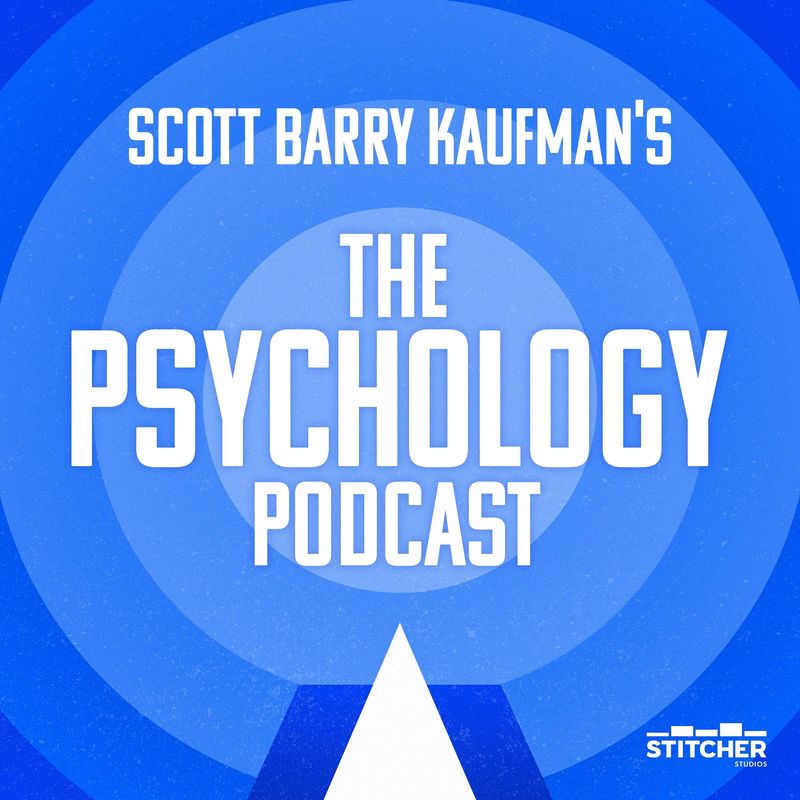
This episode currently has no reviews.
Submit Review- Podcast |
- The Psychology Podcast
- Media Type |
- audio
- Podknife tags |
- Creativity,
- Health,
- Interview,
- Psychology,
- Science & Medicine,
- Self-Help,
- Social Sciences
- Publication Date |
- Sep 06, 2017
- Episode Duration |
- 00:45:45
This week we're glad to welcome Maia Szalavitz to the podcast! Maia Szalavitz is one of the premier American journalists covering addiction and drugs. She is a co-author of Born for Love and The Boy Who Was Raised as a Dog, as well as a writer for TIME.com, VICE, the New York Times, Scientific American Mind, Elle, Psychology Today and Marie Claire among others. Her latest book is Unbroken Brain, which challenges the idea of the addict's "broken brain" and the simplistic notion of an "addictive personality".
The key themes of our conversation include:
- The personal nature of her book and how emergent science has helped her understand her past
- Where the brain is and isn't to blame in the rise of addiction in individuals
- "Addiction is not a sin or a choice. It's also not a chronic brain disease."
- Why many addictive behaviors are adaptive, and the distinction between an "addiction" and a "dependence"
- "Traits that we think are useless can be useful in some settings."
- Why she advocates for a shift from belief-cased addiction treatment (ex. 12-step program) to evidence-based treatment
- "We all learn to become who we are." We end the conversation with a discussion of what this means to Maia and how we can all benefit from reflecting on this idea in different facets of our lives.
Maia offers a paradigm-shifting take on thinking about addiction, and we think you will learn a lot from this episode. Enjoy!
Support this podcast: https://anchor.fm/the-psychology-podcast/support
This week we're glad to welcome Maia Szalavitz to the podcast! Maia Szalavitz is one of the premier American journalists covering addiction and drugs. She is a co-author of Born for Love and The Boy Who Was Raised as a Dog, as well as a writer for TIME.com, VICE, the New York Times, Scientific American Mind, Elle, Psychology Today and Marie Claire among others. Her latest book is Unbroken Brain, which challenges the idea of the addict's "broken brain" and the simplistic notion of an "addictive personality".
The key themes of our conversation include:
- The personal nature of her book and how emergent science has helped her understand her past
- Where the brain is and isn't to blame in the rise of addiction in individuals
- "Addiction is not a sin or a choice. It's also not a chronic brain disease."
- Why many addictive behaviors are adaptive, and the distinction between an "addiction" and a "dependence"
- "Traits that we think are useless can be useful in some settings."
- Why she advocates for a shift from belief-cased addiction treatment (ex. 12-step program) to evidence-based treatment
- "We all learn to become who we are." We end the conversation with a discussion of what this means to Maia and how we can all benefit from reflecting on this idea in different facets of our lives.
Maia offers a paradigm-shifting take on thinking about addiction, and we think you will learn a lot from this episode. Enjoy!
Support this podcast: https://anchor.fm/the-psychology-podcast/support
This episode currently has no reviews.
Submit ReviewThis episode could use a review! Have anything to say about it? Share your thoughts using the button below.
Submit Review